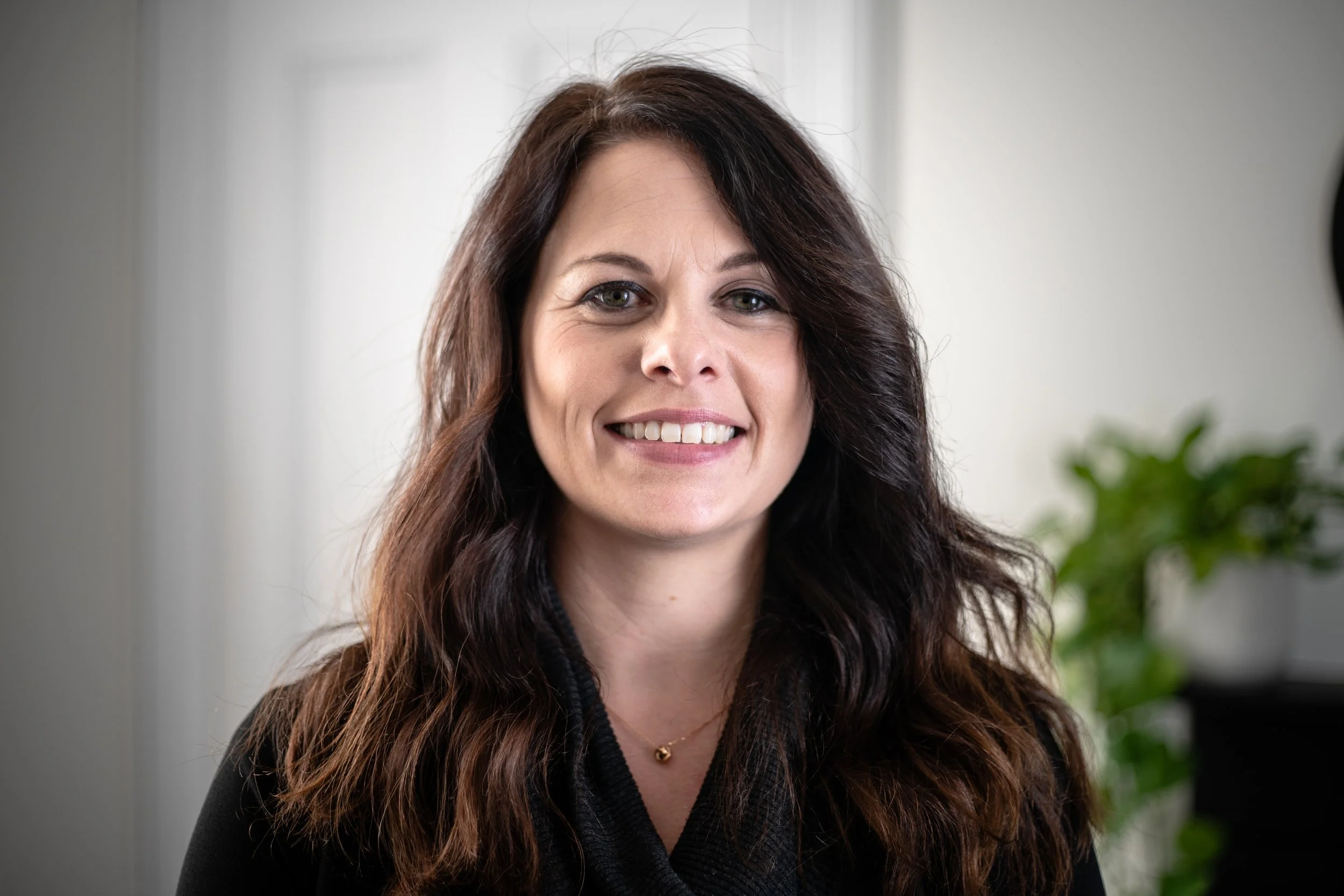Financial Planning & Bookkeeping for Small Arts-Based Businesses: Q&A with James Lanning & Jennifer Collins of Keen
As a creative entrepreneur, you've likely got a lot on your plate, from learning new skills and techniques to perfect your craft, to creating, marketing and more. And then of course, there's the financial side to focus on.
Running your own business means you've got to stay on top of so many other things, like keeping track of earnings and expenses, planning for the future to ensure the sustainability of your practice and business, and staying organized to make sure you're ready come tax time.
Can your processes use a tweak? Or perhaps you could use a few tips for how to get (and stay) organized when it comes to your finances. You won't want to miss our free workshop, "Financial Planning & Bookkeeping for Small Arts-Based Businesses."
During this special, two-hour session on June 5 (hosted online via Zoom), Keen’s James Lanning and Jennifer Collins will walk participants through how to create a robust financial plan, maintain accurate financial records and more, with special consideration given to the unique needs of creative entrepreneurs.
We caught up with James and Jennifer to get some tips in advance of their session.
James Lanning
Jennifer Collins
Business & Arts NL: How hard (or easy) is it to do your own bookkeeping these days, and what's the number one bookkeeping basic you think everyone should know?
James & Jennifer: It can be much easier to do your own bookkeeping these days given the number of cloud accounting programs that exist. Many of these programs offer more efficient ways to process transactions, store information, and generate reports. However, without any prior experience or understanding of bookkeeping, these programs can actually be more complicated than the traditional methods. That is why we always encourage people who are planning on performing their own bookkeeping to seek out training and take the time to learn the programs they are using.
Beyond that, the number one bookkeeping basic we suggest is it is never too early to start. We emphasize being organized right from the beginning of starting your business. Keep records of everything (receipts, invoices, purchase/loan agreements, etc.), and use a filing system that makes it easy to retrieve this information if/when needed.
Business & Arts NL: What would be a couple of your top tips for effectively managing a budget (especially as a creative entrepreneur, when you likely have costs and expenses that may change from month to month)?
J&J: Where possible make sure you plan in advance for the changes in revenue and expenses from month-to-month. If you know that you have particular months where expenses and revenues may be more or less, make sure you reflect this in your budget. Make sure you factor in all costs associated with running your business. We often see entrepreneurs who have a good understanding of the costs that are directly related to earning revenue or sales (e.g., product/materials cost, labour, etc.), but do not always think about some of the hidden overhead costs like insurance, licenses, subscriptions, accounting/legal fees, etc. These costs also need to be factored in when you are figuring out what you should charge for your product or service.
Lastly, we suggest that when you create a budget, you should refer to it often. It’s not meant to be filed away in a drawer somewhere. It is meant to guide your decision making, specifically around purchasing. Comparing your actual results to your budget on a monthly basis will allow you to see if your business is performing as expected, and if not, make the necessary adjustments before it is too late.
Business & Arts NL: While most folks probably don't look forward to tax time, it can be a lot easier to deal with when you've taken steps to stay organized throughout the year. For those of us who may not be quite so organized, where's the best place to start?
J&J: At the very base-level, we would suggest maintaining an organized filing system. Whether you are using a digital filing system on your computer, or keeping paper copies in a filing cabinet – an organized system will make things significantly better come tax time. Dependent on the number of transactions you are experiencing in your business, this could look like separate files being kept for each month, with subfolders for sales invoices, receipts/vendor invoices (if you have a ton of vendors, maybe an additional layer of subfolders by vendor), and keeping legible copies of the records within these folders.
If you want to take it a step further, download your bank statements on a monthly basis and go through all of the transactions to ensure you have the corresponding source documentation. Then categorize these transactions by account (supplies, travel, rent, etc.) in a ledger book, spreadsheet, or accounting software each month.
At the end of the day, your accountant needs to be able to account for all of the revenue earned and expenses incurred in order to determine what your taxable income is for your business for the year. Any steps you have taken to make this easier for them should reduce the amount of time and costs to complete your tax return.
Workshop: Financial Planning & Bookkeeping for Small Arts-Based Businesses
Date/Time: Wednesday, June 5 from 12:30pm–2:30 pm NST
Location: Online via Zoom
Price: Free
Registration: Click here to register for the workshop "Financial Planning & Bookkeeping for Small Arts-Based Businesses"



